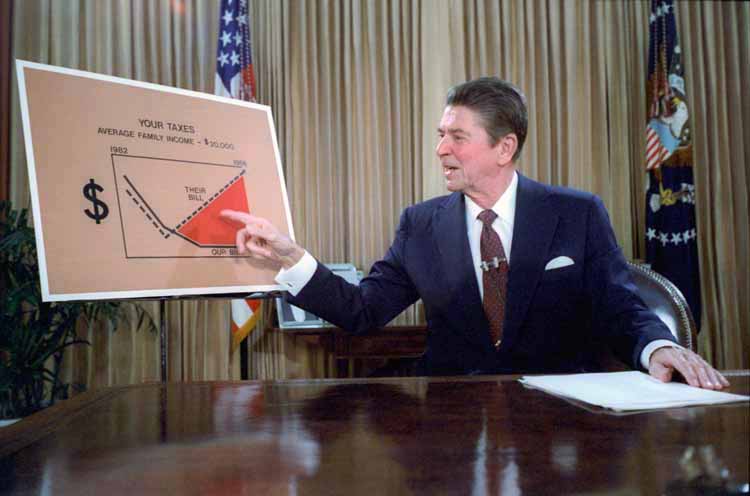Venture capitalist Nick Hanauer, a highly visible champion of Seattle’s $15/hour minimum wage, wrote a piece in the Atlantic last month pushing on another front in the war against toxic income inequality. “Stock Buybacks Are Killing the American Economy,” he warned, and getting rid of them would be a tremendous boon to the economy.
This latest front rebukes those who say that raising the minimum wage does little to address what ails the American middle class. First, it underscores the obvious: that battling against decades of bad economic policy must necessarily be a multi-pronged affair, with no single action able to solve everything at once. But second, it starkly highlights how much of the problem can be traced to a single source—the profoundly misguided notion that giving even more money to rich people would produce prosperity for all. Instead, the exact opposite has happened. That’s why the attack on stock buybacks is an even more profound attack on economics as usual, even if it, too, only represents one facet of what has to be a multi-faceted approach.
Corporate profits have doubled since the post-World War II boom years, from an average of 6 percent of GDP to more than 12 percent today, Hanauer pointed out, and yet “job growth remains anemic, wages are flat, and our nation can no longer seem to afford even its most basic needs.” Stock buybacks—which (as explained here) were virtually forbidden from 1934 through 1982—are a key reason why our economy is so cash-starved when it comes to wealth-producing investments:
Over the past decade, the companies that make up the S&P 500 have spent an astounding54 percent of profits on stock buybacks. Last year alone, U.S. corporations spent about $700 billion, or roughly 4 percent of GDP, to prop up their share prices by repurchasing their own stock….

